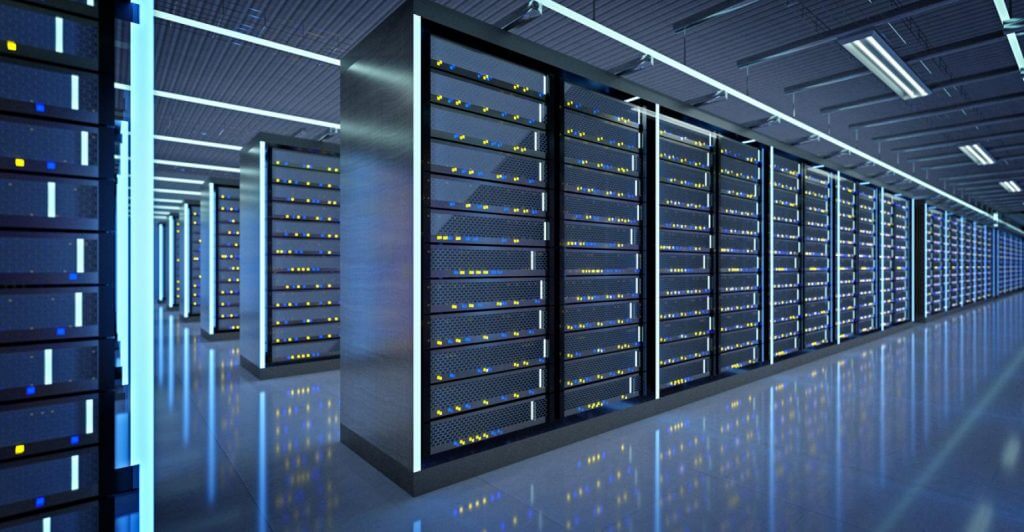Colocation Centers vs. In-House Data Centers: Which is the Right Choice for Your Business?
When it comes to managing data, business owners must decide whether they should use a colocation center or an in-house data center. Each option has its own advantages and disadvantages – so which one is right for your business? In this blog, we’ll explore the differences between colocation centers and in-house data centers to help you make an informed decision.
Investment
When it comes to investment costs, establishing an in-house data center requires significantly higher initial investments than a colocation data center. Building an in-house data center requires buying hardware and software, investing in electrical systems, and hiring a team of IT professionals to manage it all. On the other hand, colocation data centers generally cost much less up front because they provide customers with pre-configured technology and managed services that can be integrated into existing infrastructure. Furthermore, scalability is easier in colocation centers as investments for new infrastructure are not necessary.
Security and Compliance
When it comes to security, both colocation centers and in-house data centers can provide high levels of protection for your data. However, it is important to note that some industries have specific compliance regulations that must be followed when managing sensitive information. Colocation centers offer a benefit over in-house data centers, as they are subject to stringent compliance and security measures that ensure the safety of customers’ data. This means that as a customer, you will never have to worry about the security of your business’ data or information.
Power and Cooling
Power and cooling infrastructure is essential for effective data center operations. Setting up an in-house data center requires significant investments in power and cooling infrastructure to meet the demands of a growing business. Colocation centers, on the other hand, offer customers the benefit of access to these resources without any additional costs. Colocation centers also have redundant power supplies and cooling systems in place in case of outages or excessive heat generation. No matter the situation, your business will be in good hands with a colocation data center.
Managed Services
Maintaining an in-house data center requires investing in IT personnel and training them to manage the infrastructure. This can be time-consuming and costly, especially if you have limited IT resources. Colocation centers provide customers with managed services such as remote monitoring, patching, system upgrades, and disaster recovery that are essential for data center operations. The colocation center will also have its own team of IT personnel ready to protect your business’ data under any circumstances, so you won’t have to spend the time, money, or resources trying to hire your own team.
Flexibility
Colocation centers offer businesses the flexibility to scale up or down their infrastructure as needed without committing to long-term contracts. This is especially beneficial for businesses that experience seasonal fluctuations in demand or require specialized hardware and software solutions on a short-term basis.
Choosing between an in-house data center and colocation data center can be a difficult decision, but with the right information, you can make an informed decision that is best for your business. Consider the key differences between these two options in terms of investment, security and compliance, power and cooling, managed services, and flexibility to make the right choice for your data center needs.
If you’re considering colocation, there’s no better starting point than Coloco!

